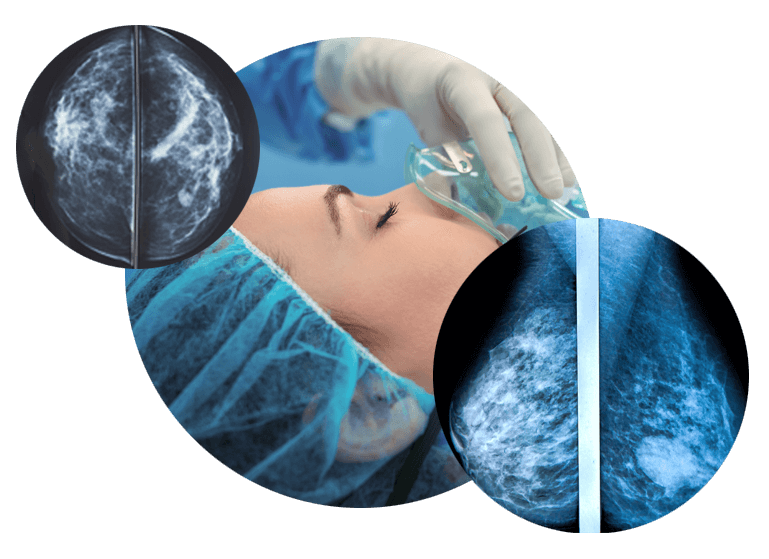Genetic Testing For Breast And Ovarian Cancer
There are genetic tests that look for specific mutations that are linked to lots of different diseases. This article is about mutations that increase the risk of breast and ovarian cancer specifically.
Which genes affect a person’s risk of breast and ovarian cancer?
There are probably several genes that affect a person’s risk of breast or ovarian cancer. The 2 genes that are especially important for both breast cancer and ovarian cancer risk are called BRCA1 and BRCA2.
People with certain mutations in either of these genes are at high risk of breast or ovarian cancer. Even some men who carry a BRCA1 or BRCA2 mutation have an increased risk of breast cancer.
Genes are passed down in families, so women who have family members with breast or ovarian cancer sometimes have genetic tests to find out if they carry abnormal versions of the BRCA genes. By having these tests, women can find out whether they need to take special steps to protect themselves from cancer.
Should I have a genetic test for breast and ovarian cancer?
Doctors recommend genetic testing only for women who have a strong family history of breast or ovarian cancer.
Testing might make sense for you if you fit any of these descriptions:
-
- You have 2 or more close relatives with breast or ovarian cancer, especially if 1 or more of the relatives were diagnosed with cancer before they turned 50. (Close family members include your mother, sister, or daughter, and can include men with breast cancer, such as your father, brother, or son.)
- You have a close family member with more than 1 cancer, such as cancer in both breasts, or cancer in the breast and the ovary.
- You have family members from different generations with breast or ovarian cancer. (For example, your grandmother, mother, and sister, all with cancer.) Family history on your father’s side is as important as your mother’s side.
Keep in mind, though, that having a strong family history of a disease does not always mean you have abnormal genes. Most women with a family history of breast or ovarian cancer do NOT have an abnormal gene.
If you are thinking about genetic testing because a family member has cancer, ask if she or he has been tested or is willing to be tested first. If the person with cancer does not have the mutation, it is less likely that you do.
What should I do before I get tested?
Before you get tested, talk with a genetic counsellor or your doctor. A genetic counsellor is a person who can help you understand what the results of the test could mean for you and your family, and what costs might be involved with getting tested. He or she can also help you deal with the feelings you have about being at risk for cancer and can help you understand your results. The results are not always clearcut.
What if I test positive for BRCA1 or BRCA2?
If you test positive, try to stay calm. Finding out you carry a mutation can be scary. But there are ways to lower the chances that you will get cancer.
Ask your doctor and your genetic counselor what your results mean for you. Then ask what you can do to lower your chances of getting cancer.
If you test positive for a BRCA1 or BRCA2 mutation, tell your family about the results. It affects their health as well as yours. Some family members might also want to get tested.
How can I lower the chances that I will get cancer?
If you have a BRCA mutation, you can lower your chances of getting breast or ovarian cancer by:
- Getting screened for breast and ovarian cancer often. This will not keep you from getting cancer, but it will increase the odds that you will find it early, when it is easier to treat.
- Having your breasts and ovaries removed. (For the biggest benefit, the ovaries should be removed by age 40.)
- Taking medicines that help prevent cancer.
- Combining some or all of these choices.

